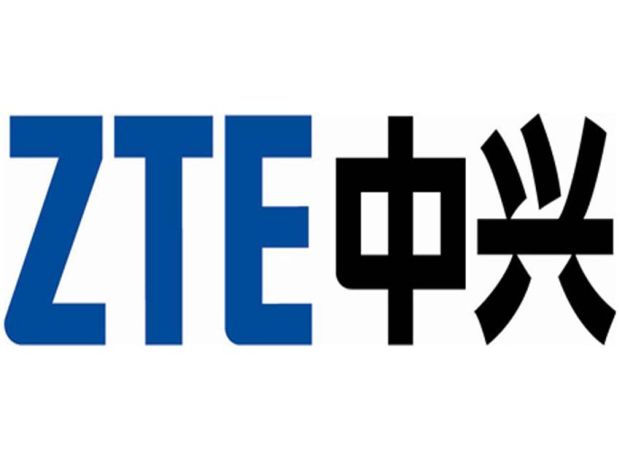ZTE partners U.S. company to sell products, spurring concerns


ZTE has found a way to sell to U.S. agencies by collaborating with a local company, which is raising concerns from security officials and a lawmaker over spying.
According to Bloomberg on Monday, the telecoms equipment manufacturer has linked with Baltimore-based Prescient, a unit of cybersecurity company CyberPoint International, to make its videoconferencing system available to federal offices.
The videoconferencing system, which carries both ZTE's and Prescient's names, was approved in November by the U.S. General Services Administration for sale to federal agencies. Prescient also said it assessed the device, documented its flaws and installed a U.S.-built hardware- and software-based firewall to block potential unauthorized access.
Jerry Caponera, general manager for global partnerships at Cyberpoint explained in the report, China is where most manufacturing is done, and people will purchase their products either way.
"They said they wanted to sell products in the U.S., and we said we could help with that," Caponera said. "We said if your goal is anything else, we can’t help."
Prescient, CyberPoint International
-A unit of U.S. IT security company CyberPoint International
-CyberPoint International was founded in 2009 with four employees, and today has 130 workers
-Karl Gumtow, CEO and co-founder had previously served as director of government contractor SRA International's intelligence and space business unit
Engineers at Prescient also spent six to nine months assessing ZTE’s videoconferencing system for spyware and defects, creating software and hardware to help protect the device from any intrusions, he said.
ZTE had also approached Prescient in 2011 and asked for help to improve its U.S. sales, but at that time, prescient had bee exploring developing a niche market in securing overseas-made technology, making it more attractive to U.S. buyers, Caponera said.
"Uneasy" feeling from ZTE-Prescient deal
The move comes after a U.S. House Intelligence Committee asked federal agencies and contractors last October to boycott ZTE and Huawei products because it may help China spy on the country. Both companies however, have denied links to espionage, stating they are not controlled by the Chinese governmen
According to Stewart Baker, a former assistant secretary for policy at the U.S. Department of Homeland Security, it is difficult to counter deliberate compromises of technology equipment.
"At first blush, though, it makes me profoundly uneasy," Baker, currently a partner at law firm Steptoe & Johnson, said.
Ray Mota, founder of U.S. networking equipment industry consulting ACG, also noted the partnership with prescient may be a way for ZTE to work around Congress's warnings. The U.S. market for networking equipment has been largely closed since the House committee report advised contractors and agencies to avoid ZTE and Huawei, he explained.
"Some people have backed off both companies after that report. This is an opportunity for ZTE to open up the door and break down some barriers. Some people will say, 'Oh yeah, we'll use a ZTE product if this other American company says it's secure and certifies it'. They see this as an avenue to get back in here," Mota said.
When approached by the newswire, Nina Zhou, a ZTE spokesperson did not reply to questions on the vendor's work with CyberPoint's Prescient. "ZTE shares a global interest in promoting, not undermining cybersecurity," Zhou said.